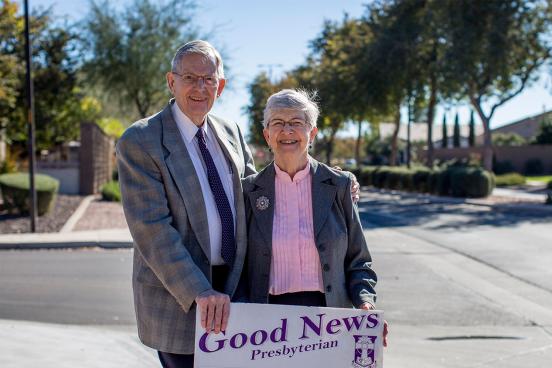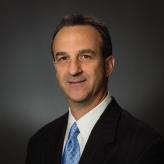ADF to US Supreme Court: End govt speech discrimination against churches

WASHINGTON – Alliance Defending Freedom attorneys filed their opening brief with the U.S. Supreme Court Monday in Reed v. Town of Gilbert, a case concerning government speech discrimination against churches. The high court agreed in July to hear the case in the wake of a 2-1 U.S. Court of Appeals for the 9th Circuit decision that allows local governments to impose stricter regulations on temporary church signs than other temporary, non-commercial signs.
“No law should treat the speech of churches worse than the speech of other similar speakers,” said ADF Senior Counsel David Cortman. “One look at the political signs Gilbert allows on street corners virtually all year reveals how the town applies stricter rules to church signs than it does to political signs, let alone other noncommercial signs. Sometimes a picture is worth a thousand words.”
Under the Arizona town of Gilbert’s ordinance, political signs can be up to 32 square feet, displayed for many months, and unlimited in number. An ideological sign can be up to 20 square feet, displayed indefinitely, and unlimited in number. The church’s signs and some other non-profit, event-related signs can only be six square feet, may be displayed for no more than 14 hours, and are limited to four per property.
Gilbert has attempted to explain the disproportionate treatment by citing a concern for traffic safety and aesthetics, but as the opening brief filed with the Supreme Court explains, “Gilbert must explain why a 32-square-foot sign displayed in the right-of-way virtually all year long is not a threat to traffic safety and aesthetics if it bears a political message, but it is such a threat if it invites people to…church services. Gilbert has never provided a satisfactory explanation to this question because none exists.”
The lawsuit asks the Supreme Court to put the brakes on a free speech test used by some courts that allows the government to decide what speech is more valuable and thus entitled to greater protection under the First Amendment. The test improperly excuses discrimination so long as the government says its motive is good. The 9th Circuit used that test to determine that Good News Community Church’s religious signs are far less valuable than what the town calls “political” and “ideological” signs, thereby justifying the town’s strict limits on the church’s signs.
“The government nearly always defends laws that unlawfully discriminate based on content by arguing that it has an innocent motive for the regulation,” said ADF Senior Legal Counsel Jeremy Tedesco. “To excuse content-based discrimination whenever the government says it has a ‘good motive’ would grant the government nearly carte blanche authority to drive certain ideas or viewpoints from the marketplace.”
- Pronunciation guide: Tedesco (Tuh-DESS’-koh)
Alliance Defending Freedom is an alliance-building, non-profit legal organization that advocates for the right of people to freely live out their faith.
# # # | Ref. 11808
Related Profiles


